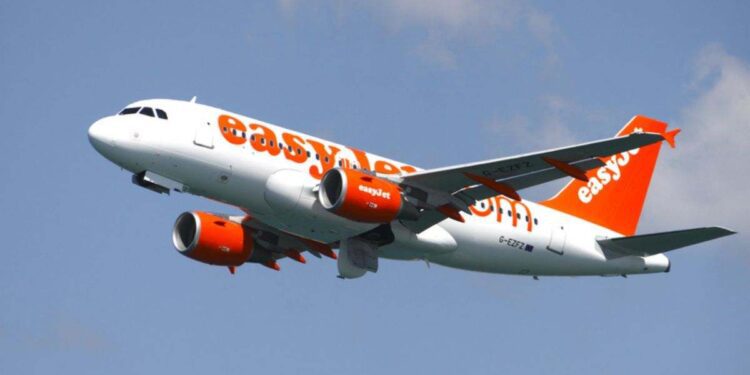The airline easyJet has opened registrations for the ‘easyJet Generation’ program, with the aim of training 200 candidates by 2024 and up to a total of 1,000 new pilots by 2028, through an intensive training course that lasts two years.
This course is taught throughout Europe and includes flight practices in the United States, while graduate students can join easyJet as newly qualified co-pilots, as the airline stated in a press release. Within this program, pilot aspirants go from minimal or no experience to the cockpit of a commercial Airbus A320 in approximately two years as qualified co-pilots.
Since only around 6% of pilots worldwide are women, easyJet has been focusing on addressing this challenge for years through initiatives such as recruitment campaigns or school visits, among other actions. Currently, about 300 women, including 99 captains, fly for the airline, which continues to work to combat stereotypes and prejudices around this profession and encourages more women to apply.
Pilot Program and Registration
It is important to note that the training is provided by CAE, the airline’s training partner, at its aviation academies in Gatwick, Milan, Brussels or Madrid, and the flight training phases take place in the United States. Once the training is successfully completed, graduates begin their professional career flying as co-pilots with easyJet.
To access the course, pilot aspirants can already submit their application through becomeapilot.easyjet.com.
To participate in easyJet’s pilot training program, pilot aspirants must be over 18 years old at the start of training and have a minimum of 5 General Certificates of Secondary Education (GCSE) Grade C or above (or equivalent), including Math, Science, and English – no higher qualifications are required.
Requirements to enter the course
To access the course, you must meet the admission criteria of the ‘easyJet Generation’ Pilot Training Program:
- Be 18 years or older to start training (at the start date of the course).
- Be eligible to work without restrictions in EEA, the EU, the UK, and Switzerland.
- Have a minimum of 5 GCSEs (or equivalent) Grade C or above, including Math, Science, and English.
- Speak English fluently (verbal and written).
- Minimum height of 157 cm (5′ 2″) with a maximum in accordance with Airbus cockpit requirements.
- Be able to obtain a Class 1 medical certificate from EASA or CAA, as required for the corresponding license.


